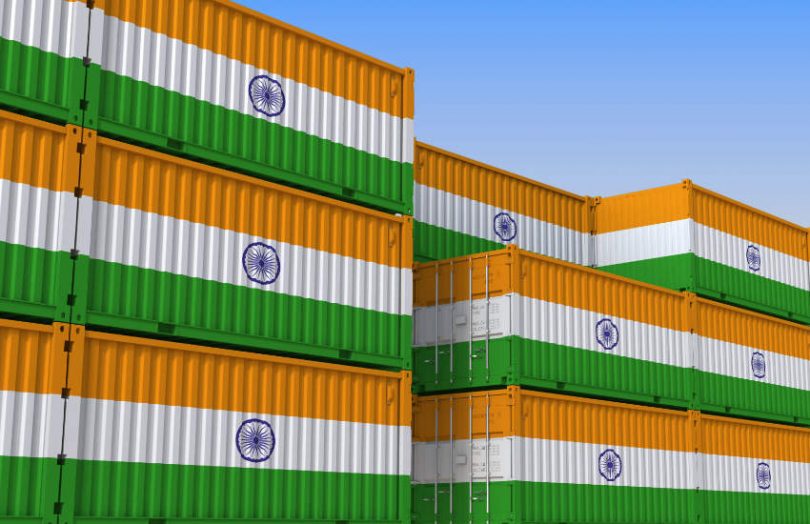Blockchain developer Settlemint, IBM and R3 are amongst several companies working on an Indian blockchain trade finance solution, according to a report in the Economic Times. The Reserve Bank of India and almost a dozen banks are involved in the pilot, including HDFC Bank, ICICI Bank and State Bank of India.
Blockchain will be used to issue Letters of Credit (LCs) to reduce the risk of fraud. A letter of credit involves a promise by the buyer’s bank to pay the seller, usually for a large shipment.
One example of fraud is if the buyer creates a fictitious letter of credit that their bank didn’t actually issue. Hence the seller sends the goods but ends up not getting paid. A blockchain solution can easily verify the authenticity of the letter of credit.
Another potential fraud relates to bills of lading when goods are loaded onto the ship. If the bill of lading is used against more than one letter of credit, the seller could get paid twice. If all the banks use the same platform, the blockchain can verify that the bill of lading has already been used.
What’s unclear is whether the latest solution that uses the Corda enterprise blockchain is part of a bank trade finance consortium incorporated last year, the Indian Banks’ Blockchain Infrastructure Co (IBBIC). It’s quite likely because IBBIC targeted domestic letters of credit. We contacted Settlemint for comment, but didn’t receive a response in time for publication.
Internationally, the major Letter of Credit blockchain solution is Contour, with at least 19 banks involved, including HSBC, Standard Chartered, BNP Paribas and ING.
Meanwhile, IBM was involved in a blockchain bank guarantee solution in Australia, Lygon, which has some similarities in that one of the aims is to reduce the potential for fraudulent guarantees.






